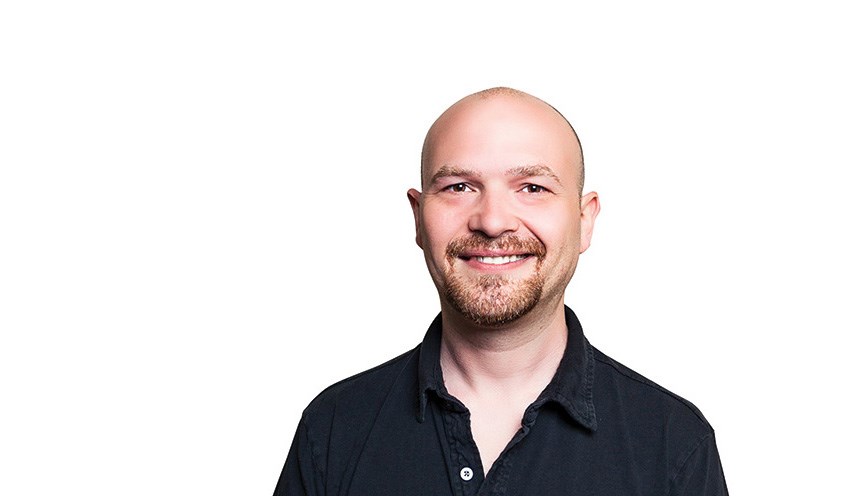My seven-year-old son came home from school twice the other week crying inconsolably.
No, he wasn’t bullied by another child, or upset because he had been reprimanded or done poorly in a class exercise. He came home bawling his eyes out, because his Grade 2 Mamquam Elementary School class had been discussing the Truth and Reconciliation Commission of Canada, and what happened to First Nation children in residential schools.
“They took little kids away from their parents,” he exclaimed, while tears ran down his little plump cheeks. “They took them all away, and then wouldn’t let them speak their own language, or know anything about their families. They changed their names, and hurt them. Some kids died from eating bad food and being abused.”
He couldn’t understand how anyone could treat children so badly.
“Did you and mommy help do this,” he asked us. “Was it Nanny and Poppa? Before that? Why? Why did they do those things to little kids?”
It was, admittedly, a tough conversation to have with my usually joyful little guy. It was made tougher by the fact I’ve been singing Canada’s praises lately, when comparing our society to that of our neighbours to the south.
However, as my son learned last week, Canada wasn’t exactly so high-minded when it came to its own indigenous population. No, our ancestors were actually quite the racist jerks, in the end. They tried to obliterate a culture because it was different – because they didn’t approve.
Some friends have expressed concern that young children are being taught such serious subjects, perhaps ruining their innocence too early with these adult ideas and emotions. But, given that it was children upon which these atrocities were inflicted in the first place, I feel it is indeed appropriate for Canadian children to learn about our less-than-perfect past, and absorb this lesson in compassion and empathy. With all the rhetoric lately about “Canadian values” and anti-refugee sentiments bubbling to the surface (thanks in part to the bigoted hate spewing forth from the U.S. presidential election), it is more important than ever for future generations to know the mistakes our country made, and ensure they never happen again. I did hate seeing my boy come home so distraught, however, unlike those First Nation children, he did get to come home… and with a stronger sense of compassion that will hopefully make it easier to sing Canada’s praises again.



